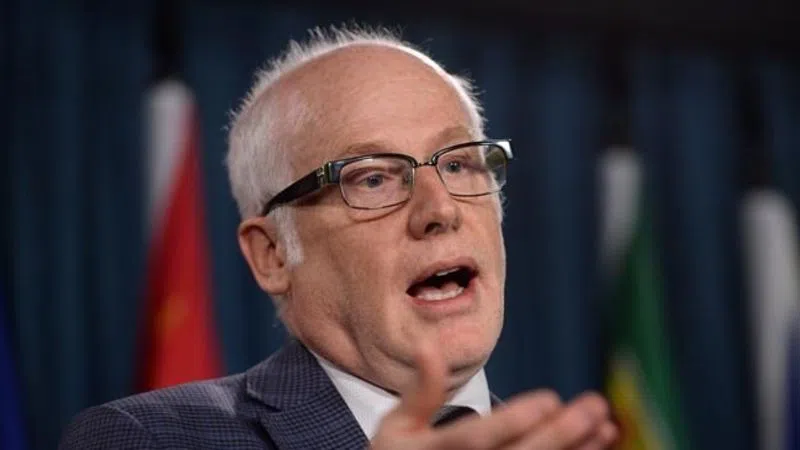
Panellists quit corporate responsibility panel citing ‘erosion of trust’
OTTAWA — Citing an erosion of trust, civil society and labour representatives have resigned from a panel set up to advise the federal government on ensuring Canadian firms operating abroad are accountable for how they conduct themselves.
The 14 members withdrew from the “multi-stakeholder advisory body on responsible business conduct” Thursday, complaining that a newly created adviser on corporate accountability lacks the teeth to ensure companies conducting business outside Canada do so in a responsible manner.
The government announced in January 2018 the creation of a Canadian ombudsperson for responsible enterprise (CORE), saying the office would be given the tools to conduct credible, independent investigations.
The ombudsperson’s powers were to include the ability to summon witnesses and compel documents.
